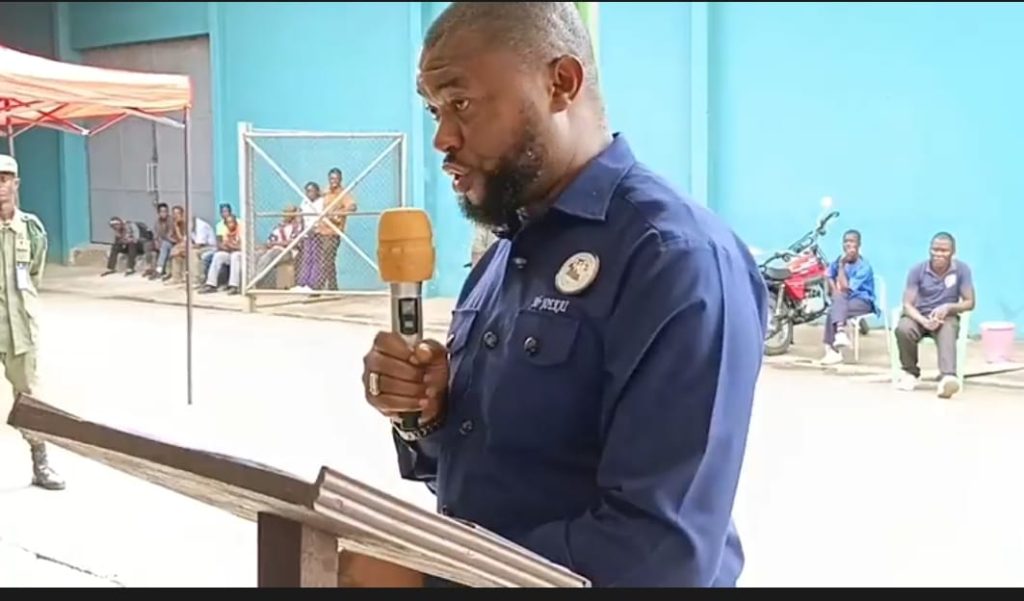The Director-General of Liberia’s Civil Service Agency (CSA), Josiah F. Joekai Jr., has issued a stern warning to civil servants, threatening dismissal for those who exercise their free speech in ways he deems disrespectful or detrimental to the government’s image. This declaration follows a protest by employees of the Liberia Agricultural Commodity Regulatory Authority (LACRA), who accused their Director-General, Christopher Sankolo, of corruption, mismanagement, and lack of leadership. The protesting LACRA employees demanded accountability for revenues generated between April 2023 and March 2024, calling for presidential intervention. Joekai’s response, however, focused on the perceived disrespect shown by the protesting workers rather than addressing their concerns.
Joekai’s stance represents a concerning potential infringement on the right to free speech for civil servants in Liberia. He explicitly stated that the CSA would not tolerate “disorderly conduct” which, in his view, includes criticizing the government. This position raises serious questions about the balance between the government’s right to maintain order and the employees’ right to express their grievances and hold their leaders accountable. Joekai’s statement that “there is no policy that says we must keep them” suggests a disregard for due process and the importance of protecting civil servants from arbitrary dismissal.
The CSA Director-General cited a previous incident involving the dismissal of nine Monrovia City Corporation (MCC) employees who allegedly spread “lies” about the government on social media. Using this as a precedent, he warned LACRA employees against similar actions, emphasizing his commitment to enforcing “decency” within the civil service. This emphasis on “decency” as a justification for dismissal creates a vague and potentially subjective standard that could be easily manipulated to silence dissenting voices. The lack of clear guidelines as to what constitutes “disorderly conduct” or “disrespect” leaves civil servants vulnerable to arbitrary disciplinary actions based on interpretations of their speech.
Joekai’s response to the LACRA protest not only dismissed the employees’ concerns but also actively sought to penalize them. He vowed to investigate the protest and dismiss participants if their complaints were not substantiated, effectively shifting the burden of proof onto the aggrieved employees. He instructed Sankolo, the very individual against whom the complaints were directed, to submit a formal complaint against the protesting staff, creating a clear conflict of interest and further jeopardizing the employees’ ability to seek redress for their grievances.
This incident highlights a larger concern regarding freedom of speech and accountability within the Liberian civil service. Joekai’s threats create a chilling effect, potentially discouraging civil servants from voicing concerns about corruption, mismanagement, or other issues for fear of reprisal. Such an environment can foster a culture of impunity, hindering efforts to improve governance and address legitimate grievances within government institutions.
The LACRA Board Chairperson, Josephine George Francis, added to the pressure on the protesting employees, cautioning them to value their jobs and reminding them of the high unemployment rate in the country. While her statement acknowledged the difficult economic realities faced by many Liberians, it also served to reinforce the implicit threat of dismissal, suggesting that employees should remain silent rather than risk their livelihoods. This approach further undermines the right to protest and discourages open dialogue about critical issues within government agencies. This situation warrants close monitoring to ensure that the rights of civil servants are protected and that mechanisms for accountability within the Liberian government are not undermined.


